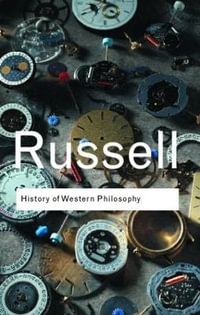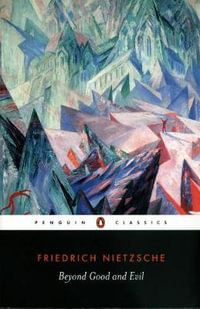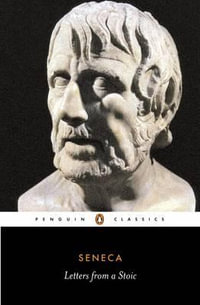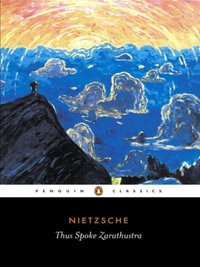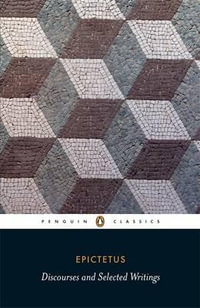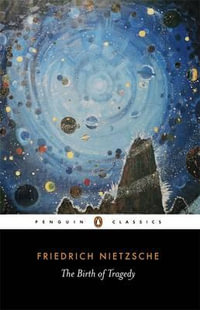The eight essays in Fire in the Dark frame and probe Pascal's underlying contention that the darkling, "hidden" God of Christian revelation, though Himself a profound mystery, especially in the matter of his justice towardsfallen mankind, can nonetheless be used to demystify questions that matter most to us.
Pascal's Pens es afford a deeply penetrating view of the human condition or predicament] as a prelude to a luminously reasoned defense of the Christian faith. His Provincial Letters are best remembered as a wickedly funny satire of "obliging and accommodating" Jesuit moral theologians who, guided by policy rather than piety, are willing to put virtue and salvation within the easy reach of all but the diabolical. Both works are landmarks ofFrench prose that have fascinated readers of all sorts from his day to ours. The eight essays in Fire in the Dark, two of which are new and four of which first appeared in French, frame and probe Pascal's underlying contention that the darkling, "hidden" God of Christian revelation, though Himself a profound mystery, especially in the matter of his justice towards fallen mankind, can nonetheless be used to demystify questions that matter most to us. But can the Supremely Obscure, like a dark lantern that is supremely dark, really illumine our whence, whither, and what now -- our nature, destiny and duties? "Watchman, what of the night?" The answers Pascal offers to Isaiah's query, whether they finally shed light on our world's chiaroscuro or not, can at least claim the authority of coming from out of the dark.
Charles Natoli is a member of the Department of Philosophy and Classical Studies at St. John Fisher College in Rochester, New York. He is also the author of Nietzsche and Pascal on Christianity 1985].
Industry Reviews
Perfectly at home in the literary, theological, and philosophical fields that inform seventeenth-century France, Charles Natoli discusses Pascal's difficult and fascinating writings with great clarity and insight, and with the justesse these writings deserve. The essays are witty and enjoyable to read. Original in their discussion of Pascal's methods and of their potential limits, these essays too ask the reader to be mindful of Pascal's depth and value for our 21st century world. -- -- John A. Gallucci, Colgate University.
In this careful and learned study, Natoli burrows into a key tension of our time: the mystery of faith and how one proves the grounds for that faith. -- -- Sara Melzer, UCLA, author of Discourses of the Fall: A Study of Pascal's Pensees
In this remarkable analysis of Pascal's theodicy and the difficulties it presents to modern readers, Natoli joins theological, philosophical, and literary approaches to the Pensees and Provincial Letters. -- -- David Wetsel, Arizona State University, author of Pascal and Disbelief .
The seriousness with which Charles Natoli poses, investigates, and most probably lives the question of the justice of the hidden and judging God makes this book at once at excellent example of scholarship and of philosophy. . . In this book what was once known as the Republic of Letters survives. . . -- -- Michael Platt * REVIEW OF METAPHYSICS, 2006 *



